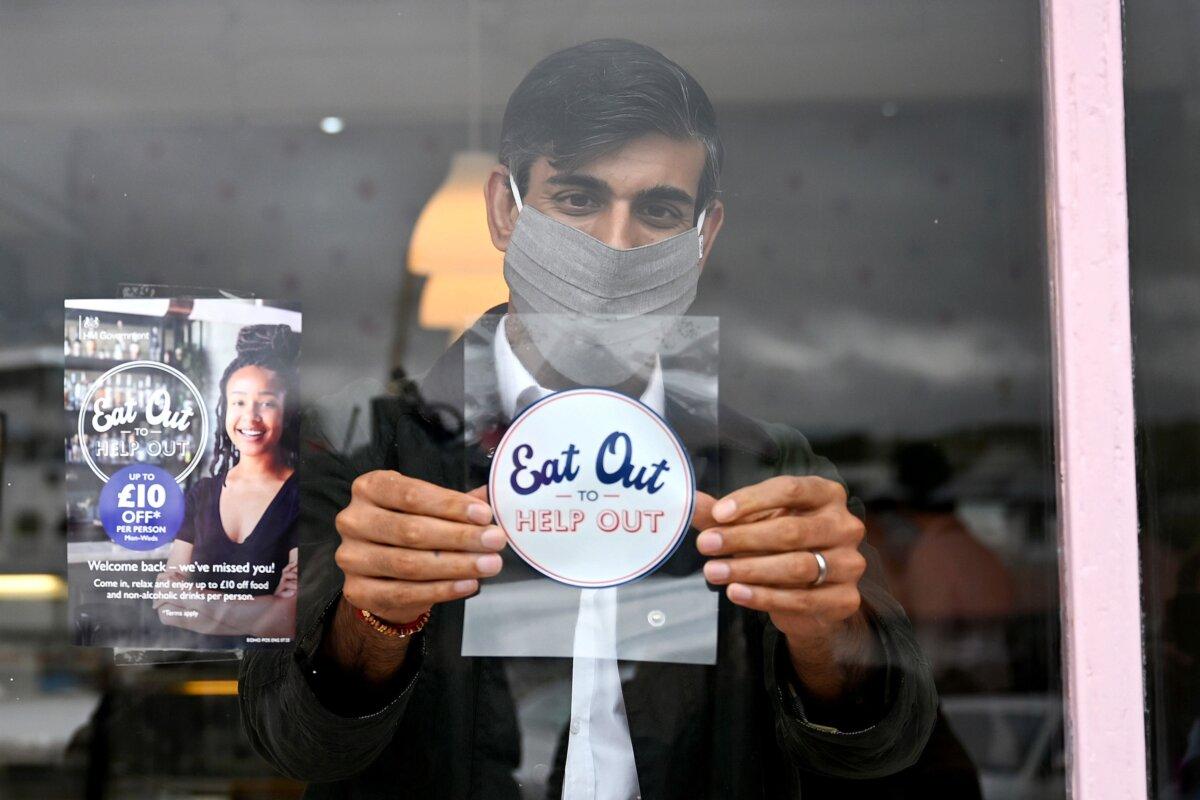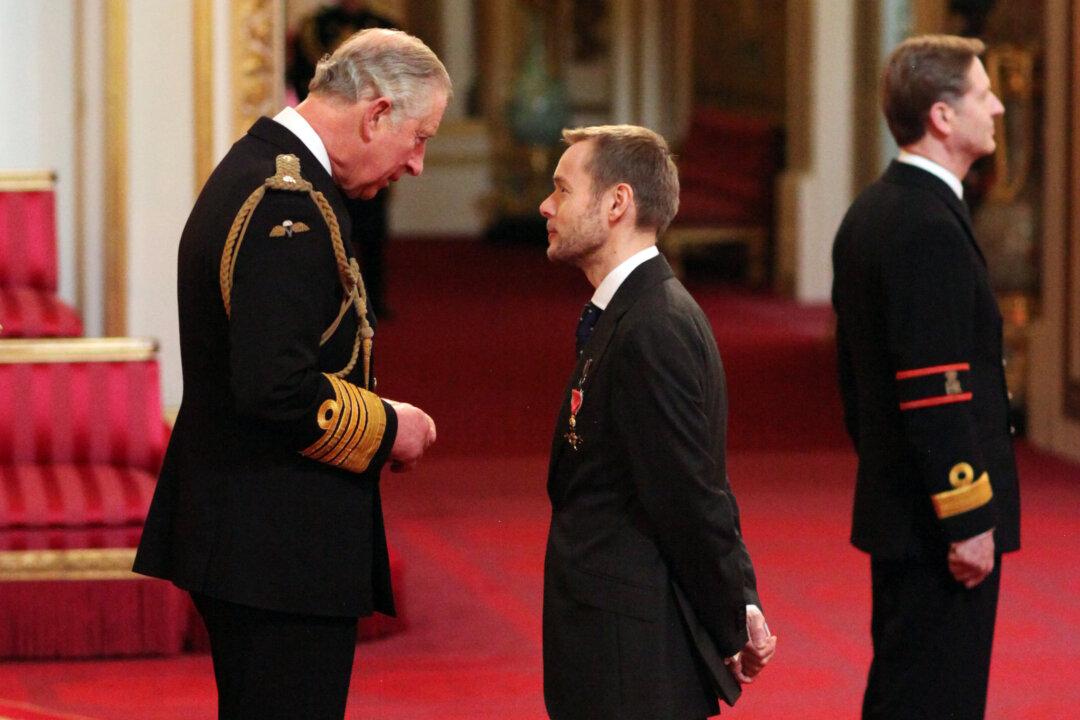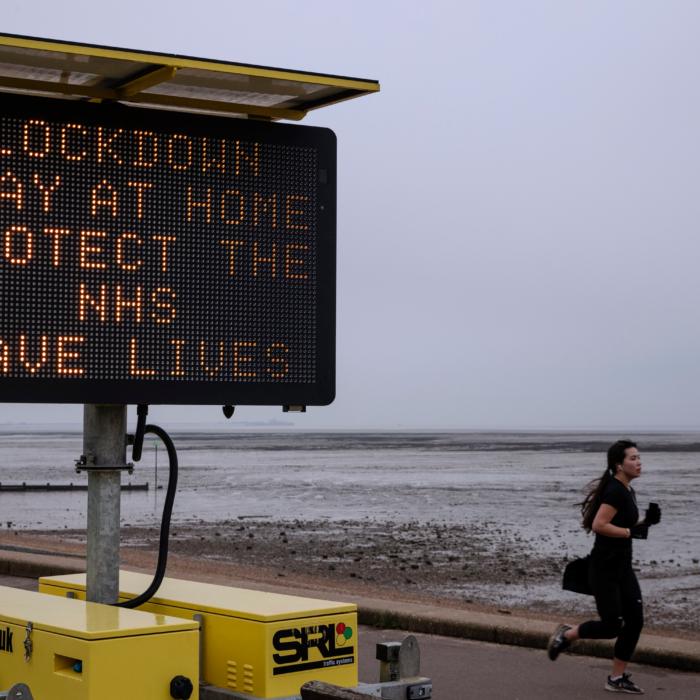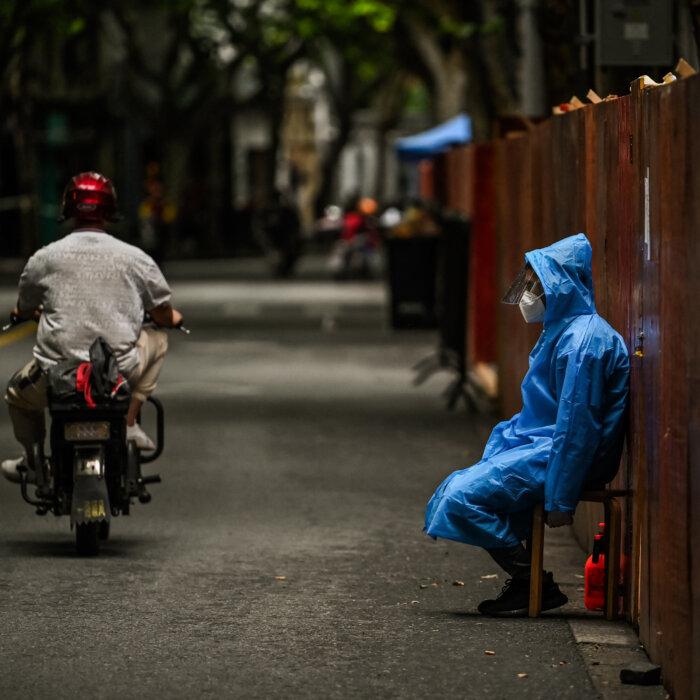A high profile epidemiologist who pushed for tougher COVID-19 restrictions and was knighted in the new year’s honours list has said he failed to properly account for the economic impact of lockdowns.
Professor Sir John Edmunds called for herd immunity in the early days of the virus, claiming it was “the only way to stop this epidemic,” but quickly became a convert to lockdowns and a frequent critic of any easing of restrictions.
“I should have put more resources into modelling the macroeconomic effect. This was actually outside our official remit, though we did undertake some work in the area despite this and despite the enormous difficulties in linking epidemiological and macroeconomic models,” he said.
“With the benefit of hindsight, we should have done more. I think that this could have helped inform what was quite a simplistic and bitter debate about trading off health and wealth that occurred in the autumn of 2020 and beyond.”
The overall economic impact of the interventions is difficult to measure, but it was reported this week that lockdowns threaten to wipe £700 billion off the global economy and stunt growth for decades because of the lasting impact of school closures on young people, according to the Paris based Organisation for Economic Cooperation and Development.
Sir John is a member of the New and Emerging Respiratory Virus Threats Advisory Group (NERVTAG), a sub-group of SAGE, and was one of more than 50 SAGE attendees advising the UK government throughout the COVID-19 pandemic.
He claims that people have “misunderstood the role of SAGE,” after it came under huge criticism from lockdown opponents for its seemingly excessive level of influence on the government’s decision to implement lockdowns and restrictions.
“It was much more limited than people think. We were just looking at and summarising the scientific evidence,” he said.
He said that scientists “didn’t have any contact with politicians,” and the communications with government were handled by Chief Medical Adviser Sir Chris Whitty and then Chief Scientific Adviser Sir Patrick Vallance.
One former Whitehall official accused Sir John of being one of a number of pro-lockdown scientists who used media performances to try to “bounce” the government into imposing tougher restrictions.
The interventions by Sir John and others reportedly irked government ministers so much that then-Prime Minister Boris Johnson’s former special adviser Dominic Cummings at one point urged him to scrap the SAGE committee altogether.
Media Appearances Defended
In his latest interview, Sir John defended his regular media appearances during the lockdown era, saying they were an effective way to communicate with senior politicians, who might not have read the SAGE minutes but who were likely to “listen to Radio 4 or Andrew Marr.”In the summer of 2020, Sir John claimed the failure to lock down earlier had “cost a lot of lives,” but noted the data available then were “really quite poor,” making decisions difficult.

In June 2020, he accused Mr. Johnson of taking risks by easing restrictions, despite the numbers of COVID-19-related deaths and hospital admissions being very low at the time.
Months later, he was an enthusiastic supporter of the second and third lockdowns, claiming the country needed “even tougher” restrictions to hold off another “wave” of the virus.
In early 2021, he said easing the third national lockdown would be “a disaster.”
Sir John later criticised then-Chancellor Rishi Sunak’s Eat Out to Help Out initiative—designed to help revive the hard-hit hospitality sector—describing it as “spectacularly stupid.”
Prior to receiving his knighthood, Sir John had received the Order of the British Empire in 2016 for services to infectious disease control, particularly the Ebola crisis response in West Africa.
He obtained his doctorate from Imperial College, London and went on to specialise in the design of control programmes against various infectious diseases, including chlamydia and the 2009 swine flu epidemic as well as Ebola.
He has done modelling into the effects of the HPV vaccination on cervical cancer rates, and in 2009 he established the annual online FluSurvey project to track the extent and evolution of seasonal influenza.
The honour’s citation for Sir John says the work carried out by him and his team at the London School of Hygiene and Tropical Medicine was “vital for the UK response” to COVID-19.







